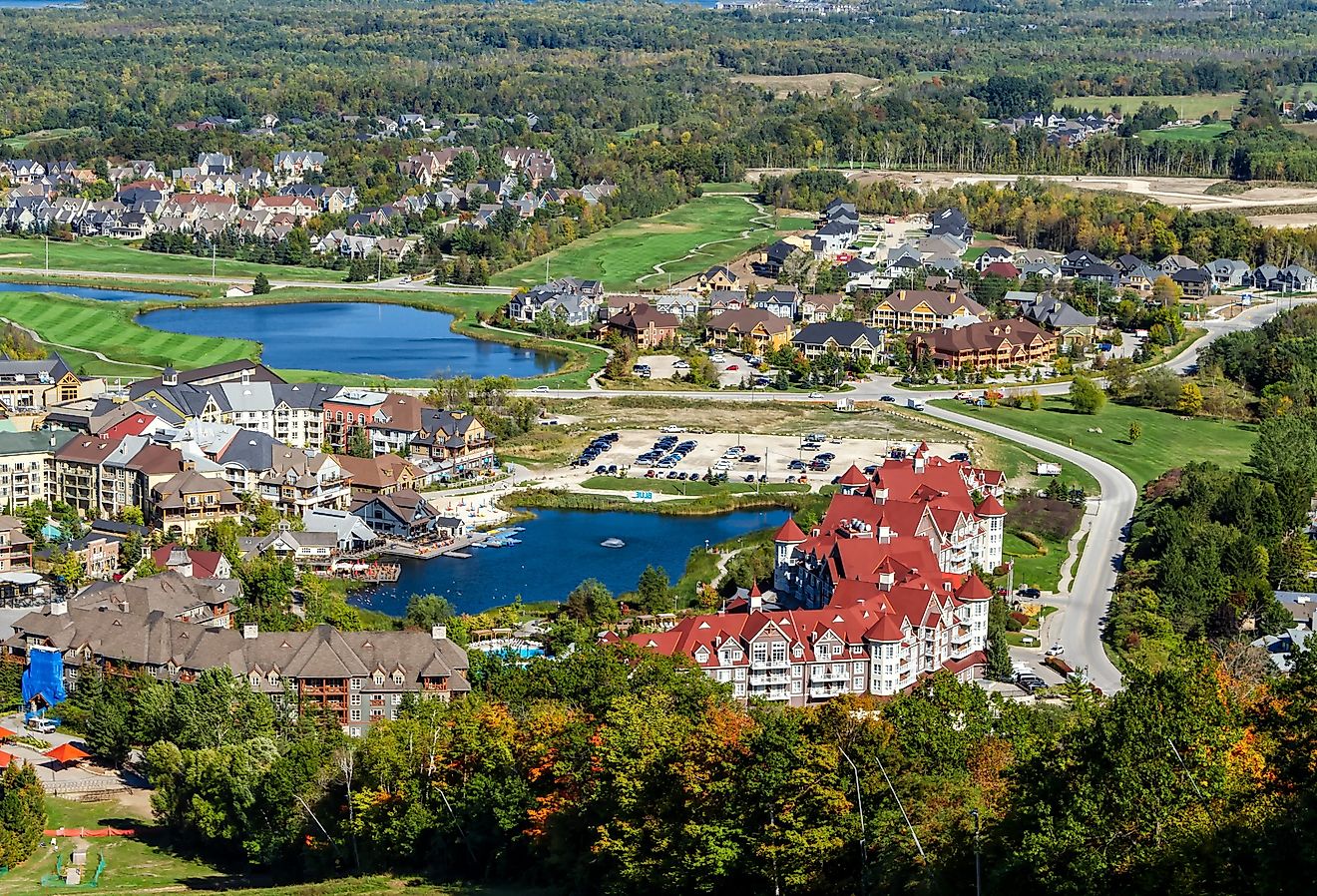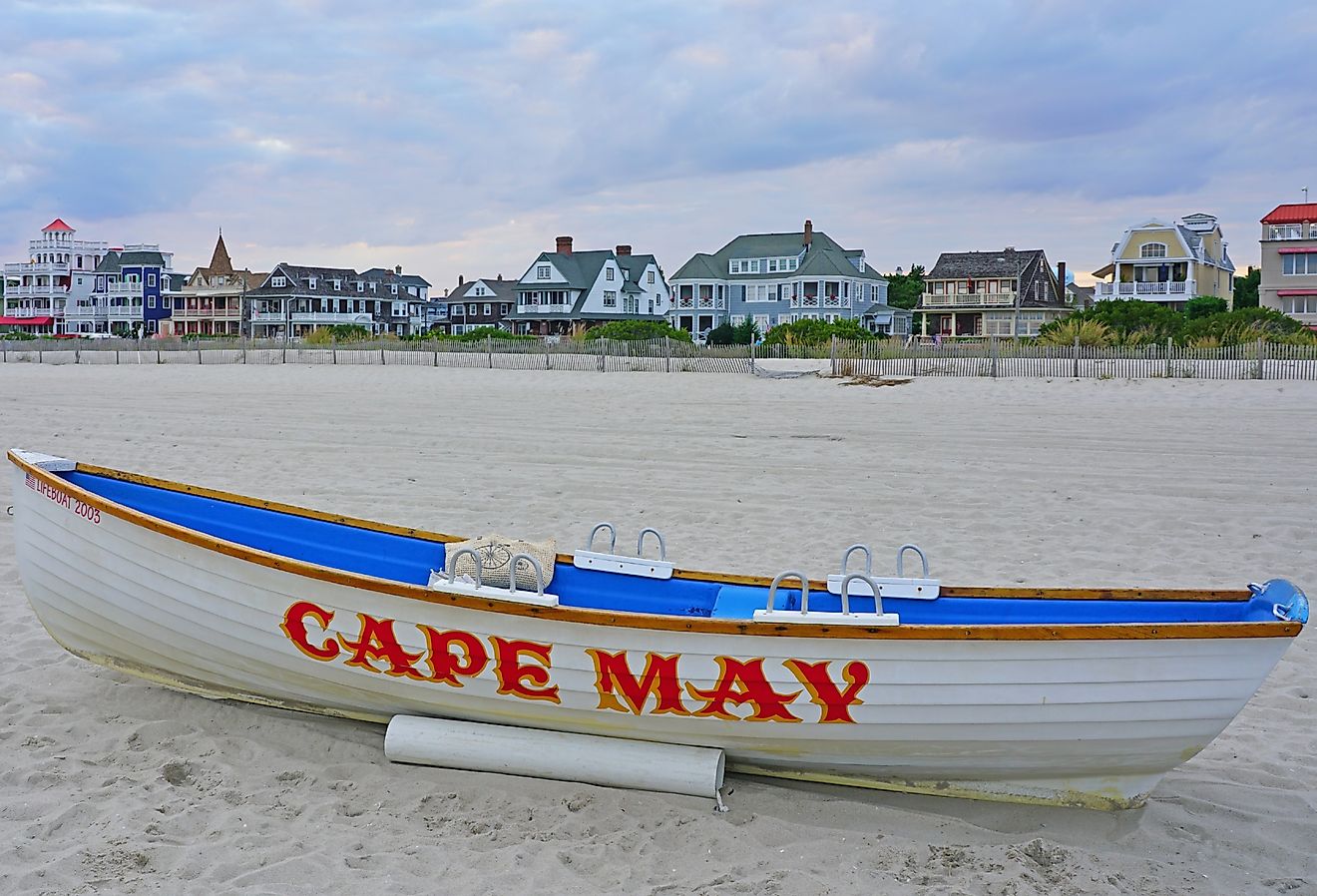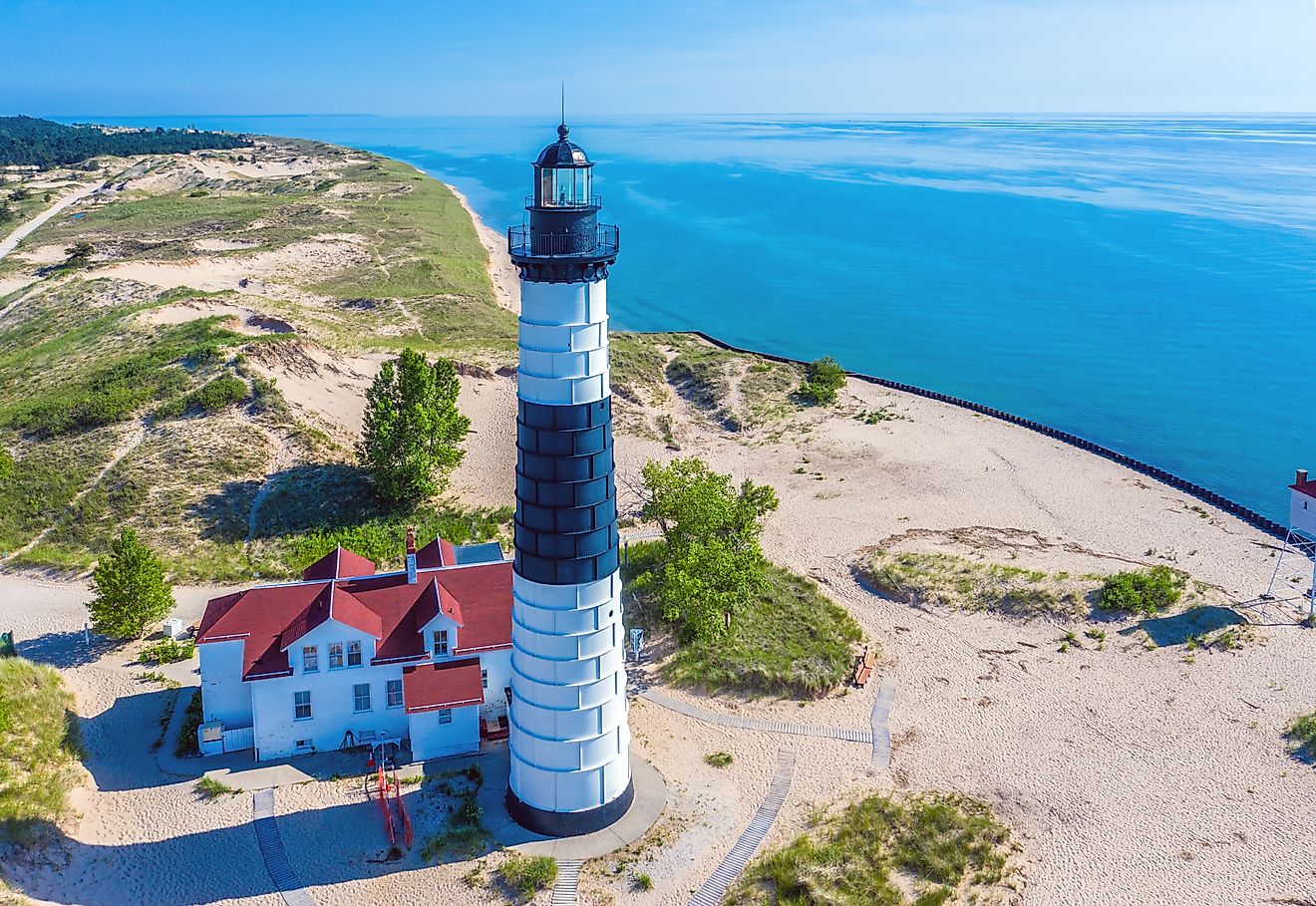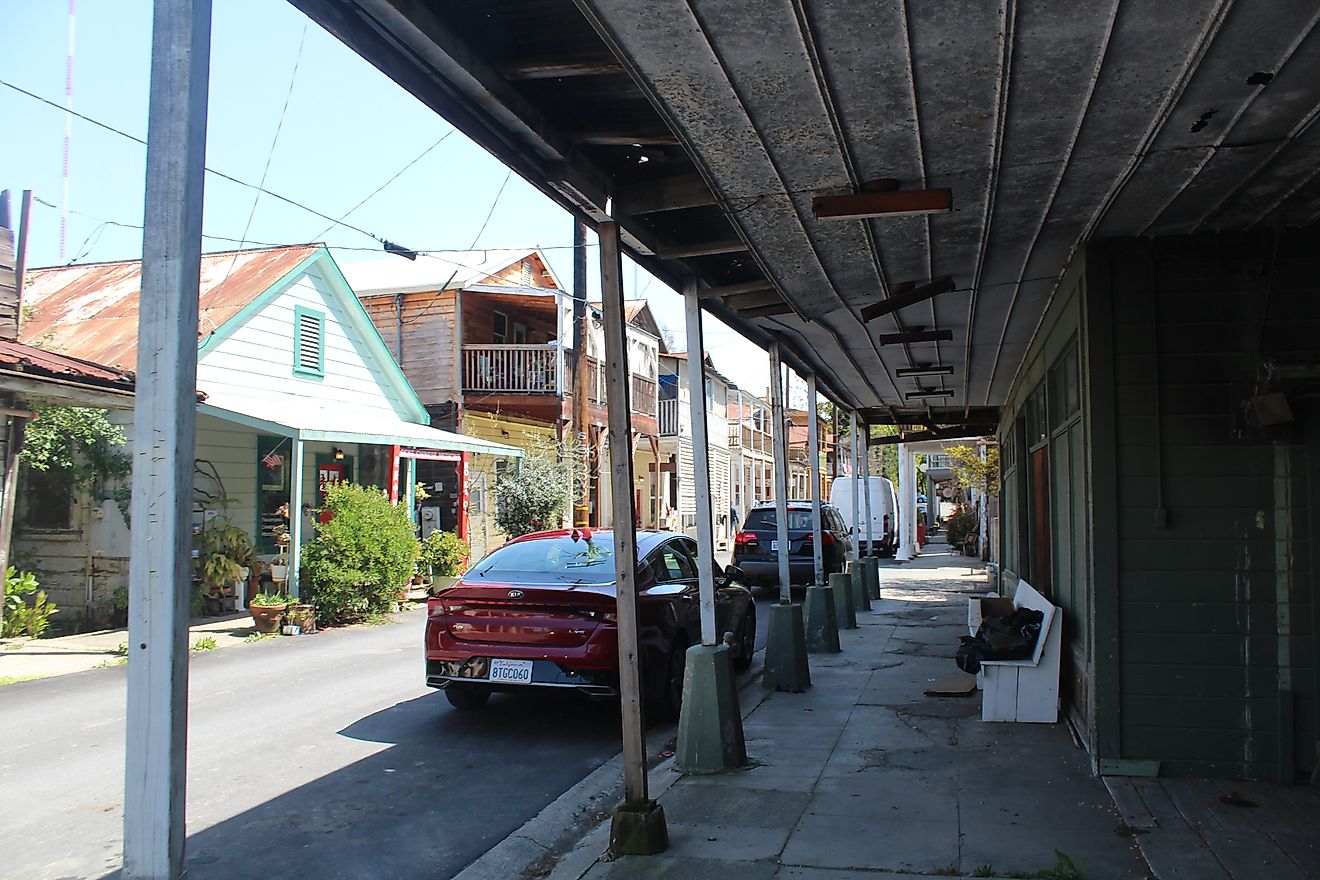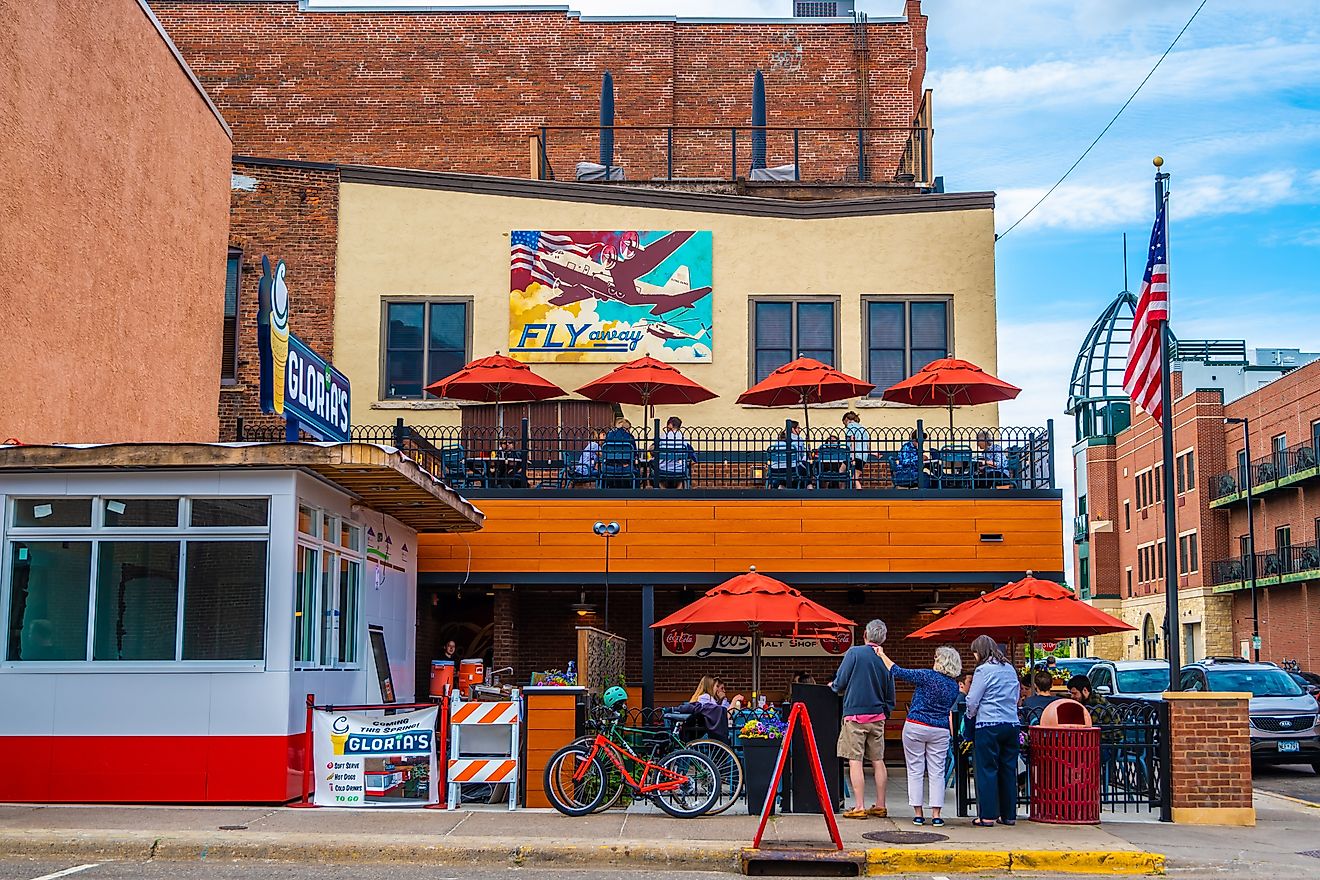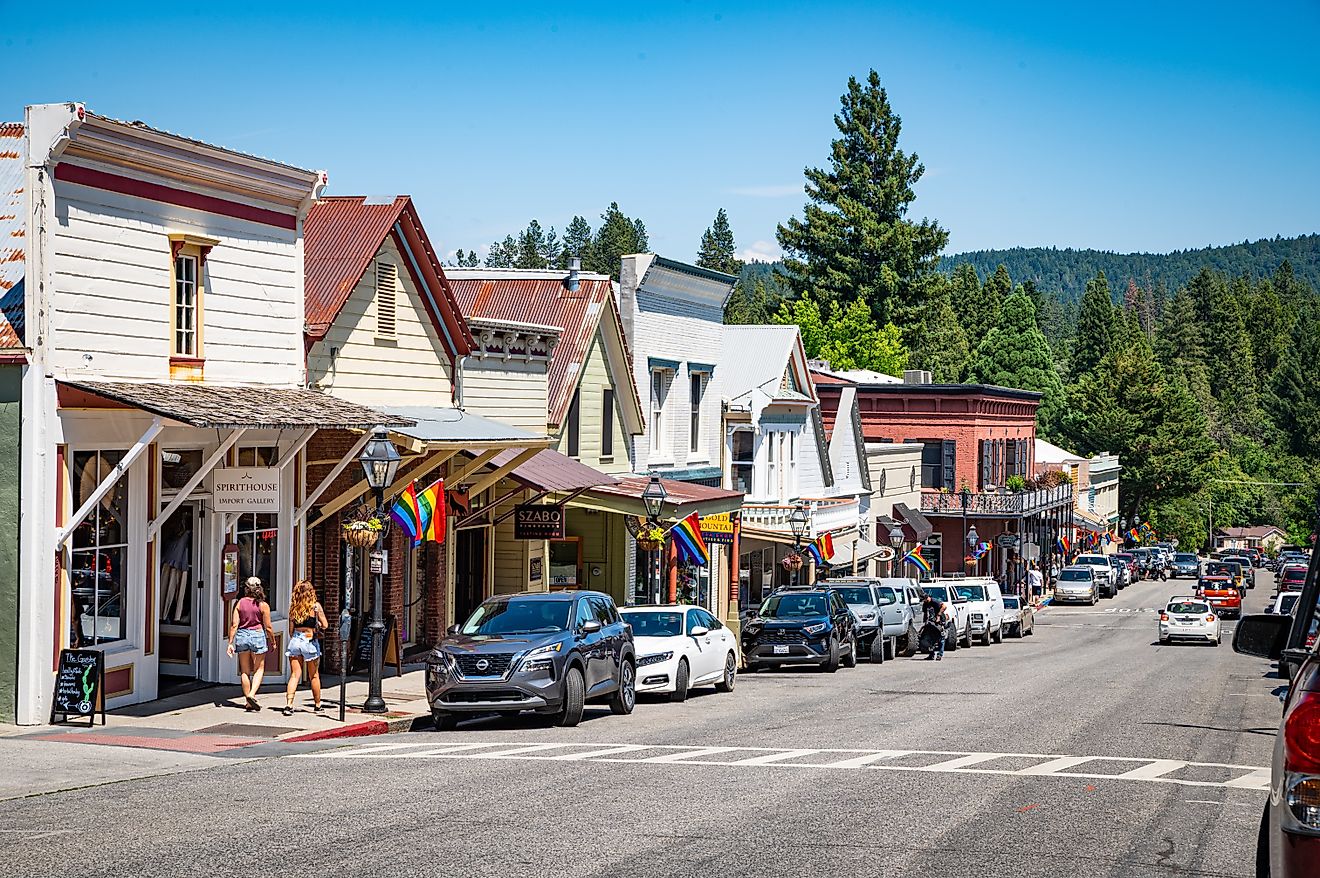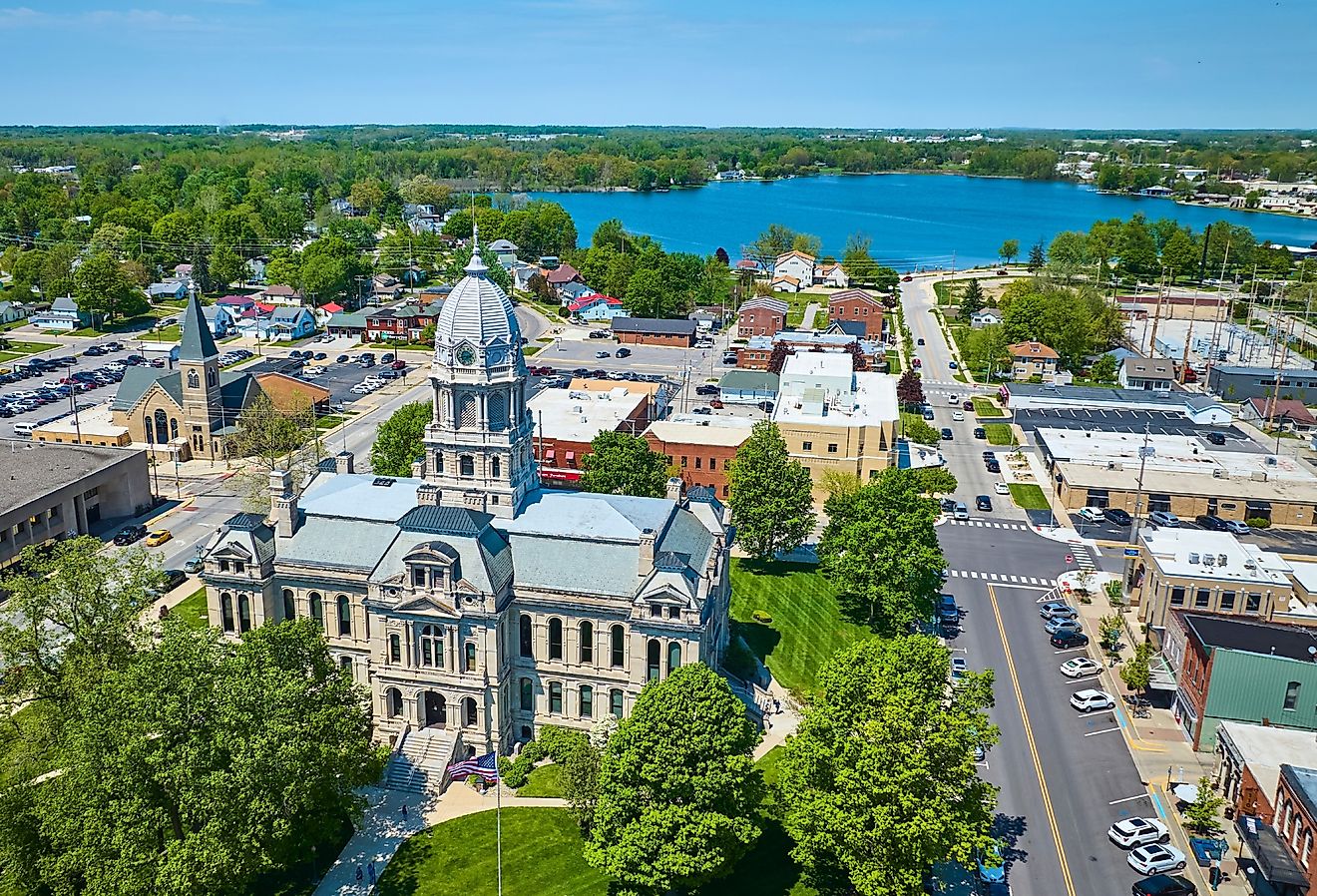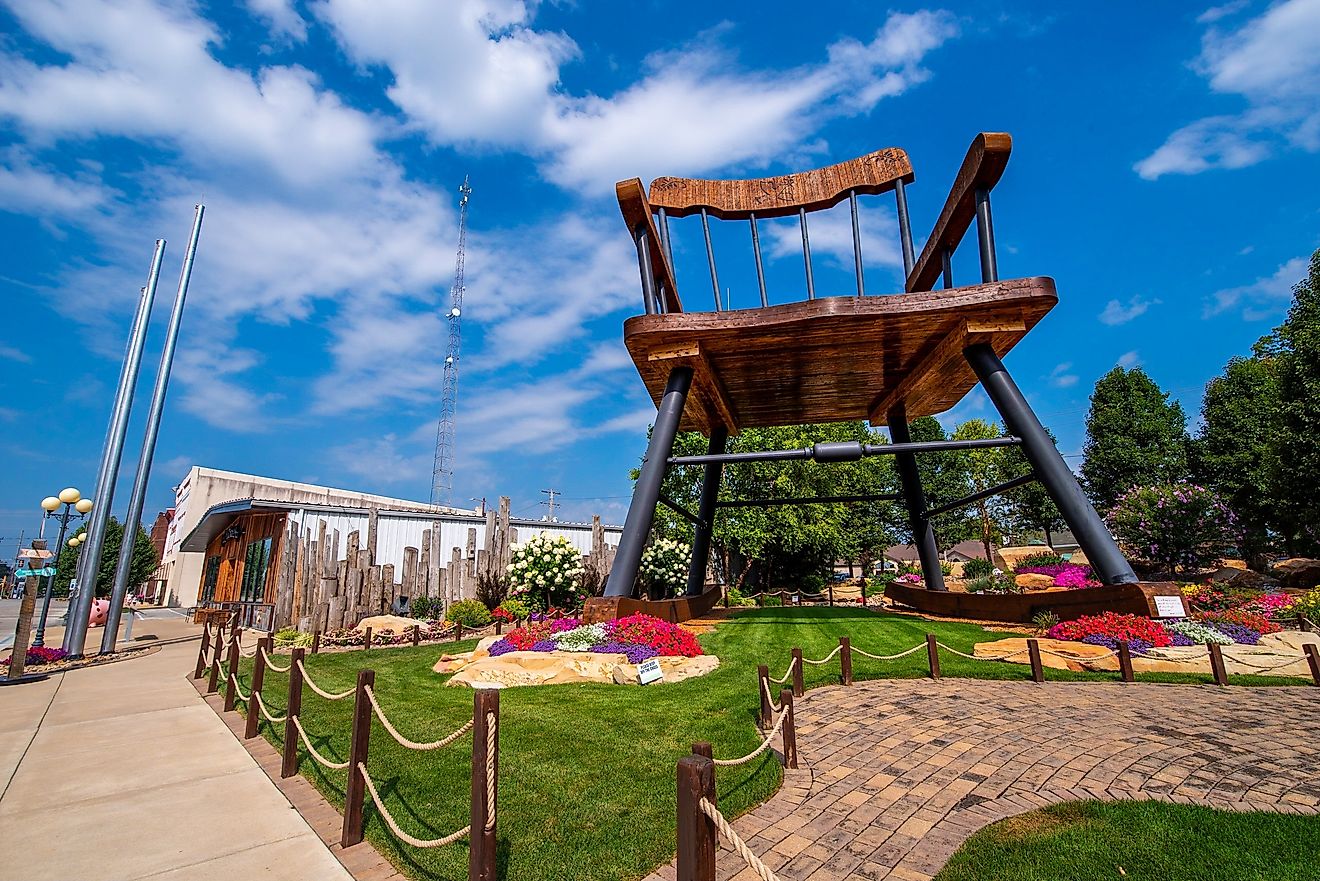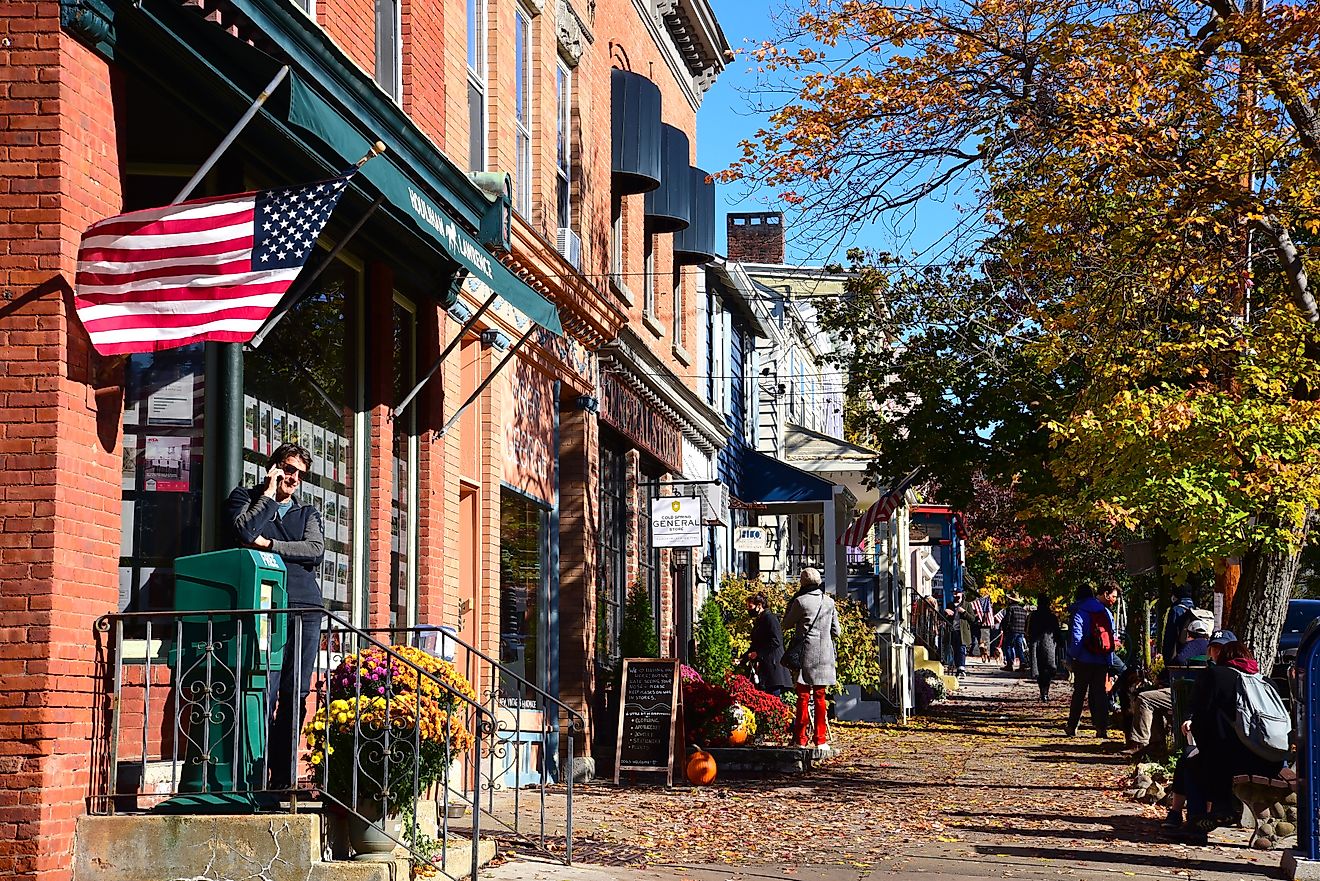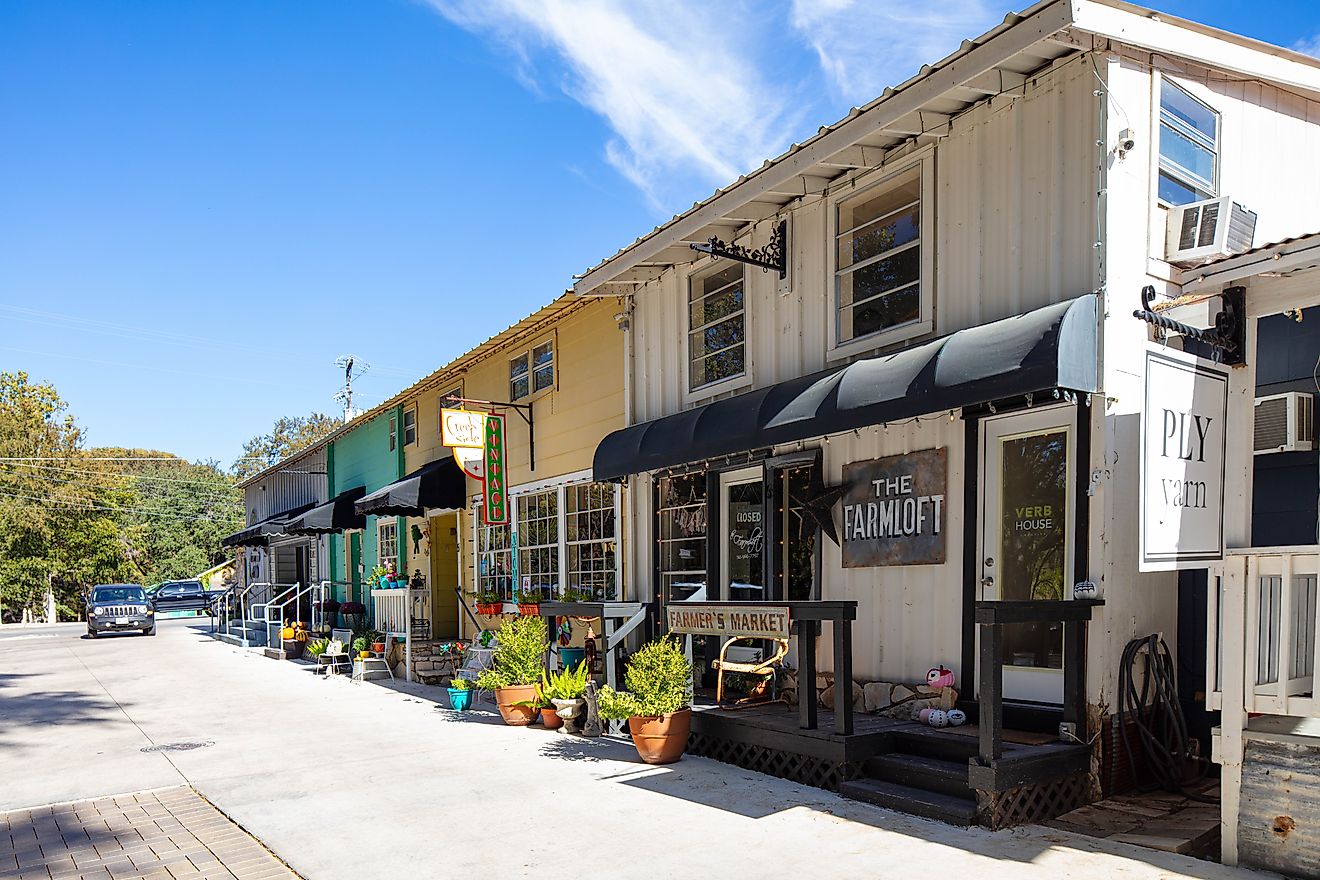
Mound Bayou, Mississippi
Mound Bayou is a small city located in Bolivar County in the US State of Mississippi. The city was founded as an independent black community in 1887 by formerly enslaved people led by Isaiah Montgomery. From the start, the city was designed to be a self-reliant, autonomous, all-black community, and former President Teddy Roosevelt called it “The Jewel of the Delta.” With a rich history, the city is filled with museums, gift shops, pottery shops, and many more.

Geography of Mound Bayou
According to the United States Census Bureau, Mound Bayou covers a total area of 2.3 sq. km, all of which is occupied by land. Both U.S. Routes 61 and 278 bypasses the city to the west and lead 14 km southwards to Cleveland and 43 km northwards to Clarksdale.
The Population of Mound Bayou
In 2020, Mound Bayou was home to a population of 1,307 with a median age of 29 and a population density of 603 people per sq. km. The city's population has decreased by -14.74% since the most recent census, which recorded a population of 1533 people in 2010. All residents in Mound Bayou are Black or African Americans and U.S. citizens. In 2019, the median property value in the city was $81,900, and the homeownership rate was 32.1%.
The Economy of the Mound Bayou
The median household income in Mound Bayou is $21,622, which increased by 4.72% between 2018 and 2019. Although the household income increased in Mound Bayou, it is still less than the median household income of $65,712 across the entire United States, and the city has been declining at a rate of -1.58% annually. The income inequality in Mississippi (measured using the Gini index) recorded 0.445, which is lower than the national average. However, males earn 1.4 times more than females. Moreover, 47.7 % of the city population for whom poverty status is determined to live below the poverty line, a higher number than the national average of 12.3%. The economy of Mound Bayou employs only 503 people, with the largest industries in the cities being Manufacturing, Health Care & Social Assistance, and Retail Trade. The highest paying industries are Construction, followed by Manufacturing and Public Administration.
Brief History of Mound Bayou

Mound Bayou originated with the freed African Americans from the Davis Bend community in Mississippi. Davis Bend was established by planter Joseph E. Davis, elder brother of former Confederate President Jefferson Davis, in the 1820s. Davis was influenced by the utopian ideas of Robert Owen and intended to create a model slave community on his plantation. He provided a higher standard of health and nutrition, and dental care encouraged self-leadership in the slave community and allowed enslaved people to become merchants. After the Civil War ended, the small community of Davis Bend became an autonomous free community, with Benjamin Montgomery, a formerly enslaved person, being a prominent leader in the community. The economy of Davis Bend suffered during the agricultural depression, flood by the Mississippi River, falling cotton prices, and white hostility in the region.
In 1942, the Taborian Hospital was opened by the International Order of Twelve Knights and Daughters of Tabor, a fraternal organization, which helped Mound Bayou to start to revive. The hospital provided low-cost health care to thousands of blacks in the Mississippi Delta under its Chief Grand Mentor, Perry M. Smith. The chief surgeon at the hospital was Dr. T.R.M. Howard, who became one of the wealthiest black men in the state of Mississippi. Howard owned a big home-construction firm and built the first swimming pool for blacks in the state. For decades, the town thrived and prospered, becoming famous for empowering black citizens. It has become a haven from the virulent racism of the Jim Crow South. Mound Bayou got city status in May 1972.
